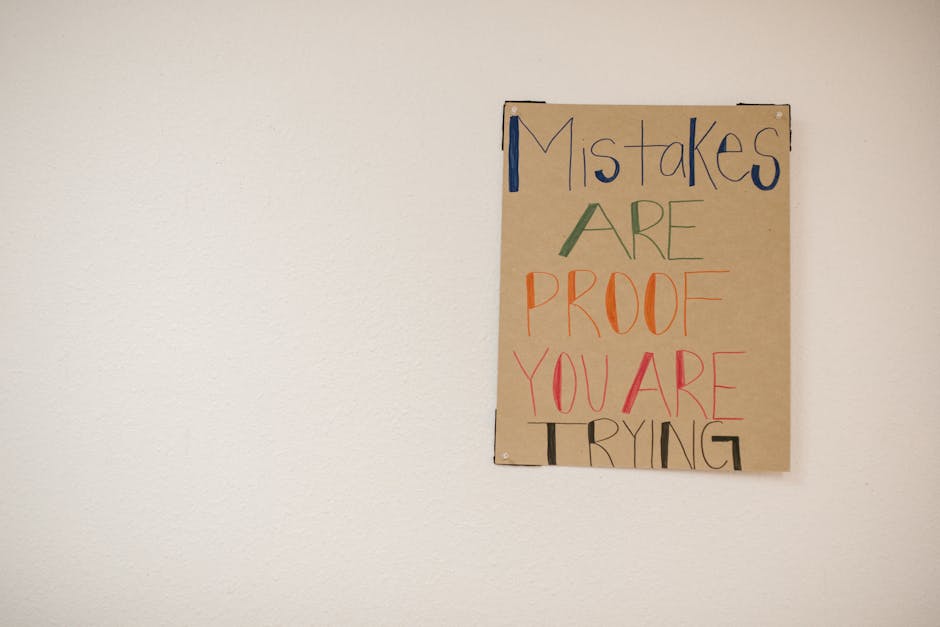Unveil Soft Skills: The Role of VR in Online Education Today
In today’s rapidly evolving educational landscape, the intersection of technology and learning is more vital than ever. As traditional classrooms make way for dynamic online environments, the emphasis on soft skills—those elusive personal attributes that enhance interpersonal relationships, job performance, and career prospects—has never been more critical. Enter virtual reality (VR), a transformative technology that holds the potential to enrich online learning experiences, helping students uncover and develop soft skills that are often overlooked in conventional courses. So, how can VR truly illuminate the hidden curriculum of online education?
Understanding Soft Skills in Online Learning

Soft skills encompass a range of abilities, including communication, teamwork, empathy, and problem-solving. Unlike hard skills, which can be measured and taught through exams and lectures, soft skills often require experiential learning. For instance, you can’t learn how to lead a team effectively without actual team-based scenarios. In the realm of online courses, there exists a gap—how can educators reliably teach these vital competencies when traditional methods often fall short?
It’s this very gap that VR seeks to bridge. By providing immersive experiences that mimic real-life situations, VR can offer learners unique opportunities to practice and hone their soft skills before stepping into the real world.
The Role of Virtual Reality in Enhancing Online Education

Virtual reality technology creates a simulated environment that allows students to engage with content interactively. For example, in a VR classroom, learners can navigate complex social situations or work collaboratively on a project, facing challenges that require them to utilize critical soft skills. Imagine a scenario where a student practices navigating workplace conflict or giving a presentation from the comfort of their home—this is not just fantasy; it’s the future of online learning.
Several studies highlight the benefits of integrating VR into educational settings. Research shows that learners who engage with VR report higher retention rates and deeper understanding of the material compared to traditional learning formats. This interactive approach not only makes the learning process more enjoyable but also enables students to practice skills in a safe environment where failure is not detrimental.
Analyzing the Hidden Curriculum: More Than Just Content
The term "hidden curriculum" refers to the unspoken or implicit values, behaviors, and norms taught in schools. With online courses, this hidden curriculum can often be overlooked, focusing predominantly on academic content. However, the rise of VR as an educational tool presents an innovative way to extract and elucidate these soft skills.
One of the standout features of VR in online learning is its ability to immerse students in experiences where they must exhibit soft skills. For instance, a learner might have to navigate a virtual business meeting, where they’ll need to display effective communication, active listening, and conflict resolution skills. These practice sessions serve as vital opportunities to engage with difficult scenarios, preparing students for eventual real-world applications.
Exploring Real-World Applications of VR for Soft Skills Development
Imagine a typical online course that requires students to work in groups. Through VR, instructors can create a virtual environment that mimics challenges they might face in real life. A student could practice negotiating a business deal with virtual counterparts or developing a marketing strategy collaboratively, all while receiving instant feedback on their performance.
According to a report by the Harvard Business Review, developing effective communication and leadership skills is paramount for career advancement. VR can meet this demand by offering scenarios that emphasize collaboration and adaptability. For instance, programs designed to simulate emergency response situations can teach teamwork and critical thinking under pressure—a composite of soft skills that professionals need.
The Science Behind Learning Through Immersive Experiences
One of the most compelling points in favor of using VR for soft skills development is the science behind experiential learning. Psychologist David Kolb’s experiential learning theory emphasizes that effective learning occurs when students engage in direct experiences and reflect upon them. VR does exactly that, offering learners a “real-world” environment to interact with.
Students can engage in activities that require them to draw on their soft skills, then reflect on their actions and decisions in a productive way. This reflective process is vital; it allows learners to connect experiences with theoretical knowledge, enhancing understanding and retention of soft skills.
Bridging the Gaps: How VR Overcomes Traditional Learning Limitations
In traditional education, students often learn about teamwork and communication in a theoretical context. They may read about the importance of these skills in textbooks, but lack significant opportunities to practice them. VR directly addresses this limitation by providing ample opportunities to engage in collaborative activities in a controlled environment.
For instance, simulation-based training scenarios allow students to practice active listening and emotional intelligence through role-playing exercises. The immersive aspect of VR creates a secure space where students can experience the nuances of social interactions without the fear of real-world consequences.
Gone Are the Days of Passive Learning
The Trend of passive learning environments often leads to disengagement and a lack of enthusiasm among students. In contrast, VR transforms learning into an active endeavor where excitement and engagement drive the educational experience. Effective soft skills training requires risks; VR allows students to take those risks while still in the classroom.
Various studies indicate that active learner participation leads to better knowledge retention. A study from Southwest Minnesota State University found that VR can significantly increase student engagement levels, resulting in a more favorable learning environment. When students are engaged, they are more likely to absorb and apply soft skills effectively.
Customization and Diversity: Tailoring VR Experiences
One of the distinguishing features of VR technology is its ability to customize experiences to meet diverse learner needs. Traditional online courses often apply a one-size-fits-all approach, but this doesn’t hold true in the realm of soft skills, where individuals may have different learning styles and needs.
VR enables the customization of scenarios where students can practice specific skills at their own pace. Moreover, it allows for the creation of content to cater to diverse cultural backgrounds, ensuring inclusivity in learning environments. For example, students can experience cross-cultural interactions from their homes, understand various communication styles, and adapt accordingly—a crucial skill in today’s global workforce.
The Future Potential: Integrating AI and VR for Better Learning
Looking ahead, the integration of artificial intelligence (AI) with VR has the potential to revolutionize online education even further. AI can analyze user interactions within VR environments, providing personalized feedback tailored to individual learner needs.
This combination can create a learning environment where VR simulations become increasingly realistic, helping students understand nuances in communication. Imagine AI-generated scenarios where a student practices negotiation with sophisticated virtual avatars that adapt to their responses. This would not only enhance learning outcomes but also make students adept at navigating complex interpersonal situations.
Realizing the Benefits: Institutions Need to Adapt
As the evidence mounts for the effectiveness of VR in teaching soft skills, educational institutions must adapt to harness its potential. Integration of VR into curricula shouldn’t be an afterthought; rather, it should be seen as an essential part of modern education strategies.
Schools and universities should prioritize investing in VR technologies, offering training for instructors on how to create and implement immersive learning experiences effectively. Successful integration of such technology promises to enhance student engagement and skill development, preparing them for the realities of the job market.
Future Challenges and Considerations
Despite the potential of VR in online education, there are challenges that educators must consider. Accessibility is a primary concern as not all students may have easy access to VR technologies, including the necessary hardware and software. Educators must find ways to ensure that VR resources are available to all learners to truly democratize educational opportunities.
Moreover, developing high-quality VR experiences requires significant investment in time and resources. Educational institutions should carefully evaluate potential partnerships with tech developers and become familiar with the latest trends in VR learning to navigate constant technological advancements.
Next Steps for Educators and Students
For educators looking to integrate VR into their teaching methodologies, the first step is to familiarize oneself with the available technologies. Exploring VR platforms and available software that focuses on educational content will help frame the application of this technology within their own courses.
Additionally, proactively seeking professional development opportunities that focus on VR and immersive learning will better equip educators to utilize these tools effectively. For students, taking the initiative to engage with virtual reality platforms or courses can significantly enhance their learning experiences, positioning them advantageously in their future careers.
Final Thoughts: The Transformative Power of VR in Education
As technology continues to reshape the educational landscape, the potential for virtual reality to uncover and enhance soft skills within online learning environments is immense. By concentrating on experiential learning through immersive experiences, VR not only equips students with essential soft skills but does so in a way that is engaging and effective.
Embracing the hidden curriculum of education by integrating soft skills training within online courses is no longer a luxury but a necessity. It’s time for institutions to step into the future of learning—one where soft skills emerge from the virtual shadows, ready to shine in the real world.



